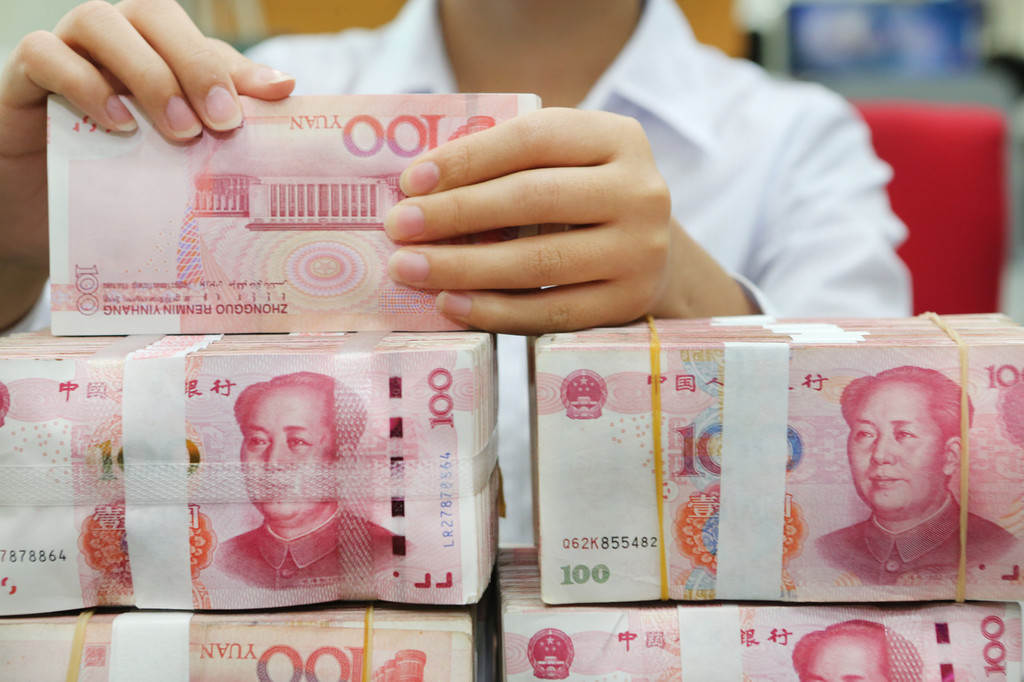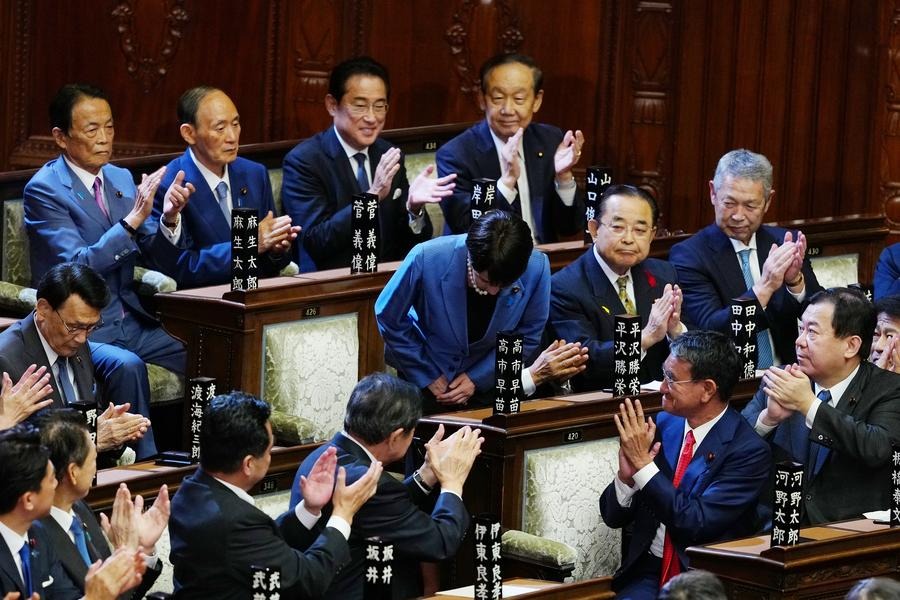First step toward personal bankruptcy system


Wenzhou Intermediate People's Court and Pingyang County People's Court released details of China's first natural person bankruptcy case on Oct 9, and this has drawn a great deal of attention.
The Enterprise Bankruptcy Law and relevant judicial interpretations limit the scope of application of the bankruptcy system to enterprises with legal personality, and ignore natural persons. Personal bankruptcy is a legal procedure in which a natural person is declared insolvent and incapable of paying his/her debts. The case concerned involved a single shareholder in a company in Wenzhou that went bankrupt, the debtor whose surname is Cai shouldered a joint liability guarantee responsibility of 2.44 million yuan ($338,400).
Considering Cai did not have the actual solvency, four creditors agreed to give up the right of recourse on the condition that Cai repays about 32,000 yuan in 18 months. This case is the pilot exploration of a personal bankruptcy system and it will play a demonstration role in the establishment of China's natural person bankruptcy system.
With the development of a market economy, more and more natural persons are participating in economic activities as independent market players. How to regulate the market exit mechanism for people who become insolvent has thus become a pressing problem.
On June 13, central departments including the National Development and Reform Commission jointly issued a reform plan aimed at accelerating and improving the exit system for market players, which expands the bankruptcy system to cover natural persons.
A personal bankruptcy system will be a significant part of China's modern bankruptcy system, and it is imperative that it is built.
First, establishing such a system is conducive to improving China's bankruptcy system and safeguarding creditors' interests by providing a legal basis for creditors to orderly participate in the distribution of a debtor's property according to the law.
Second, a personal bankruptcy system is conducive to safeguarding the dignity of those honest people who encounter business failure. It will reduce their market exit costs, and enable them to take reasonable limited responsibility while leaving them with the chance to start a new business.
Third, a personal bankruptcy system would be conducive to easing the long-term difficulty of personal bankruptcy execution.
Fourth, the system is conducive to improving China's business environment, and it would provide a more comprehensive legal guarantee for the country to attract foreign investment. China ranked 61st globally in terms of dealing with bankruptcy in the World Bank's 2019 Business Environment Report. It is expected establishing a personal bankruptcy system would further improve China's business environment.
But there is the possibility that the system might be abused by the unscrupulous. It should protect individuals who are honest but suffer from business failure, rather than those looking for a way to avoid paying their debts. Therefore, China should also take measures to prevent this system from becoming a tool that dishonest debtors use to repudiate their debts.
The court's ruling in Cai's case provides some references for legislation in the future.
First, the court has appointed a qualified accounting firm as the custodian of Cai's property, in order to make sure there is no attempt at concealment.
Second, the court has issued a behavior restraining order on Cai, which restrains his high-end consumption and prohibits him from holding management posts in any enterprises.
Third, the court has set a 6-year bankruptcy transitional period for Cai, during which time 50 percent of Cai's household income that exceeds 120,000 yuan will be used to pay his creditors. It not only guarantees the basic requirements of Cai and his family, but also safeguards his creditors' interests.
Finally, the court also paid attention to Cai repairing his individual credit record, which stipulates that his personal credit can be recovered three years after the settlement plan is fulfilled.
Legislation in the future should pay attention to making clear the eligible subject of natural person and the scale and time limit of a debtor's repayment obligations, and the conditions for exception property.
In addition, personal property registration, and the credit reference system should be improved.
The author is a researcher at the School of International Law, Southwest University of Political Science and Law. The views don't necessarily represent those of China Daily.


































